RESEARCH
The Center for Health Policy & Inequalities Research (CHPIR) has a long history of conducting cutting-edge population and behavioral health research that has shaped the health policy landscape in the United States and low- and middle-resource countries. Interdisciplinary research with collaborative teams is key to the knowledge generated by CHPIR. Our researchers work diligently to deliver evidence designed to promote health and reduce health inequities.
SELECT POPULATION BASED HEALTH RESEARCH
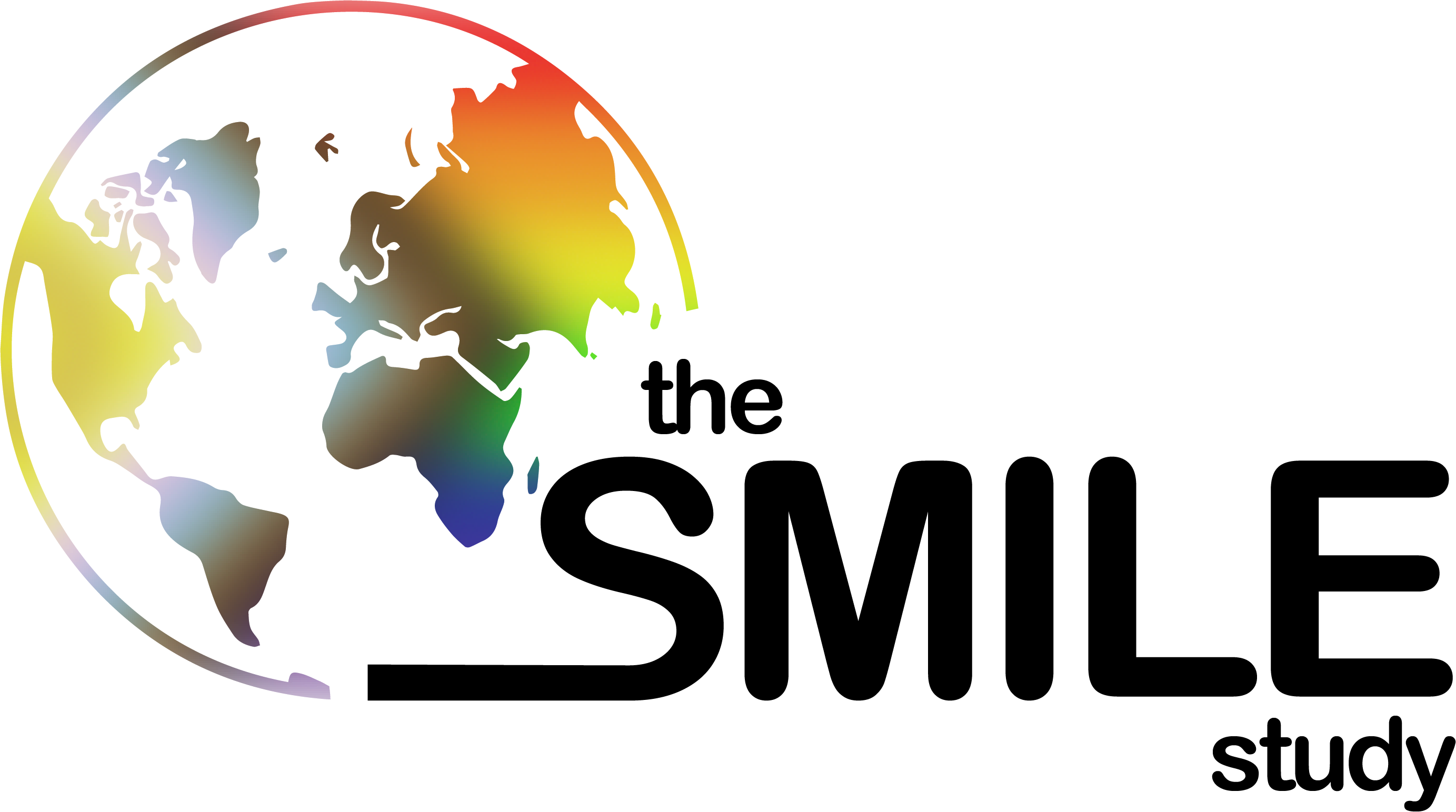
The SMILE Study
SMILE will characterize the mental health symptomatology and needs of sexual and gender minorities (SGM) living in three culturally and contextually distinct LMICs. The project will also identify SGM preferences for different characteristics of evidence-based mental health treatments (EBTs) that can be feasibly provided and sustained for this very vulnerable population.
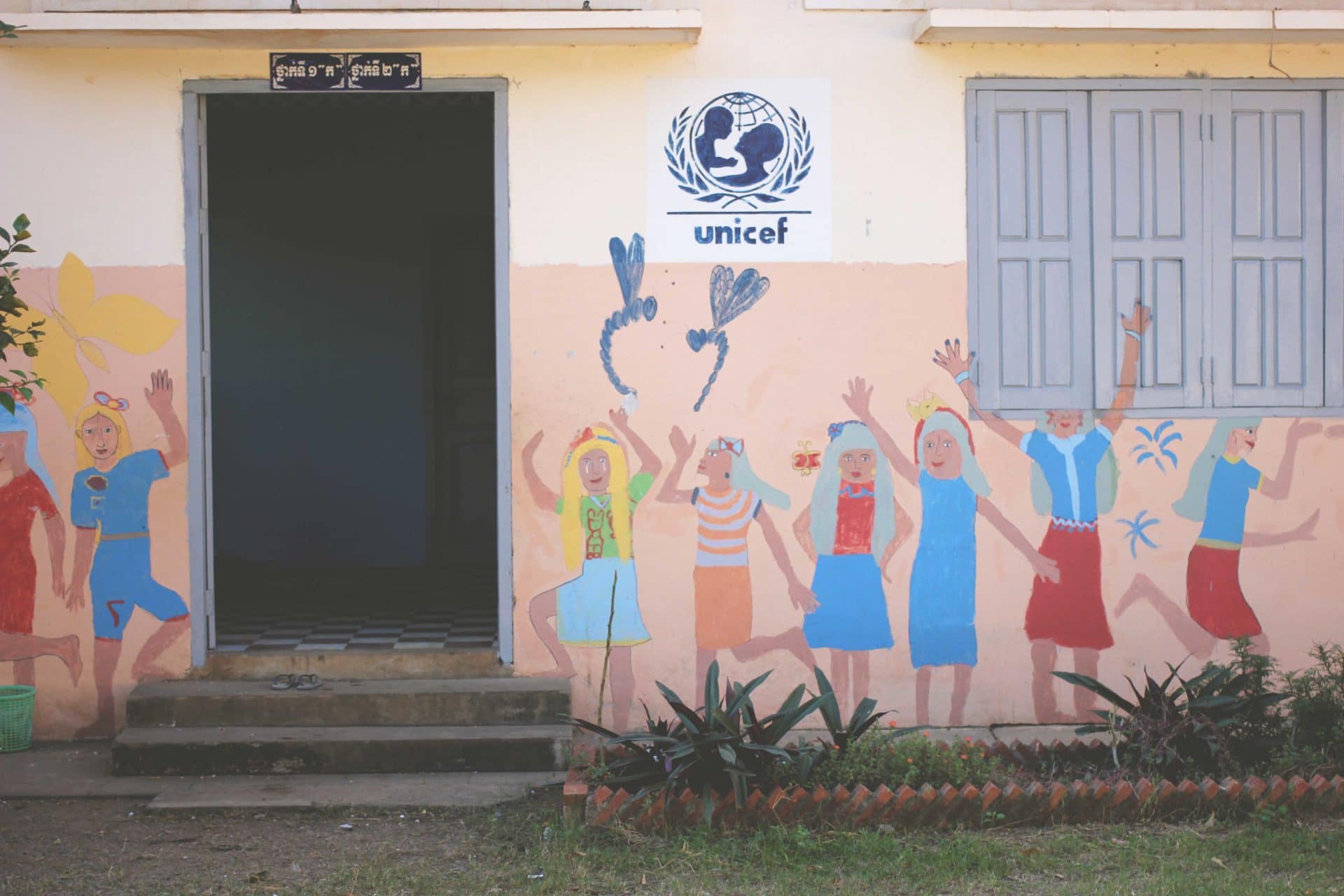
Positive Outcomes for Orphans (III)
The objective of this multi-country longitudinal study of orphaned and separated children in Cambodia, Ethiopia, India, Kenya, and Tanzania is to examine the influence of residential characteristics, caregiver characteristics, and culture, on: 1) children's behavior and emotional adjustment; 2) health status including health related quality of life; 3) learning and achievement outcomes; and 4) relationship outcomes.
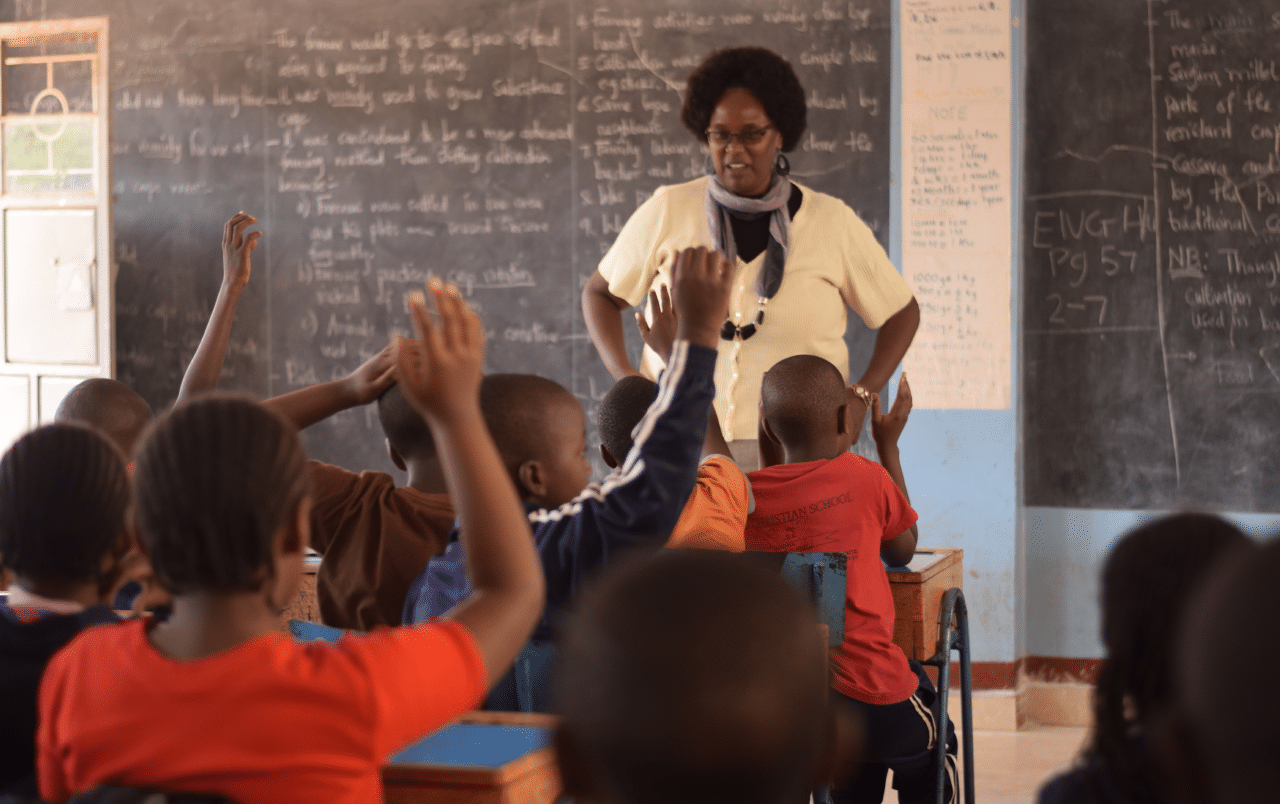
Transforming & Sustaining: Teacher Wellbeing
The main purpose of this study is to better understand teacher wellbeing in a multi-country context (Qatar, Kenya, and Cambodia) and to identify the individual and contextual factors (such as national and state policies and local educational structures) that may transform and sustain teacher wellbeing.
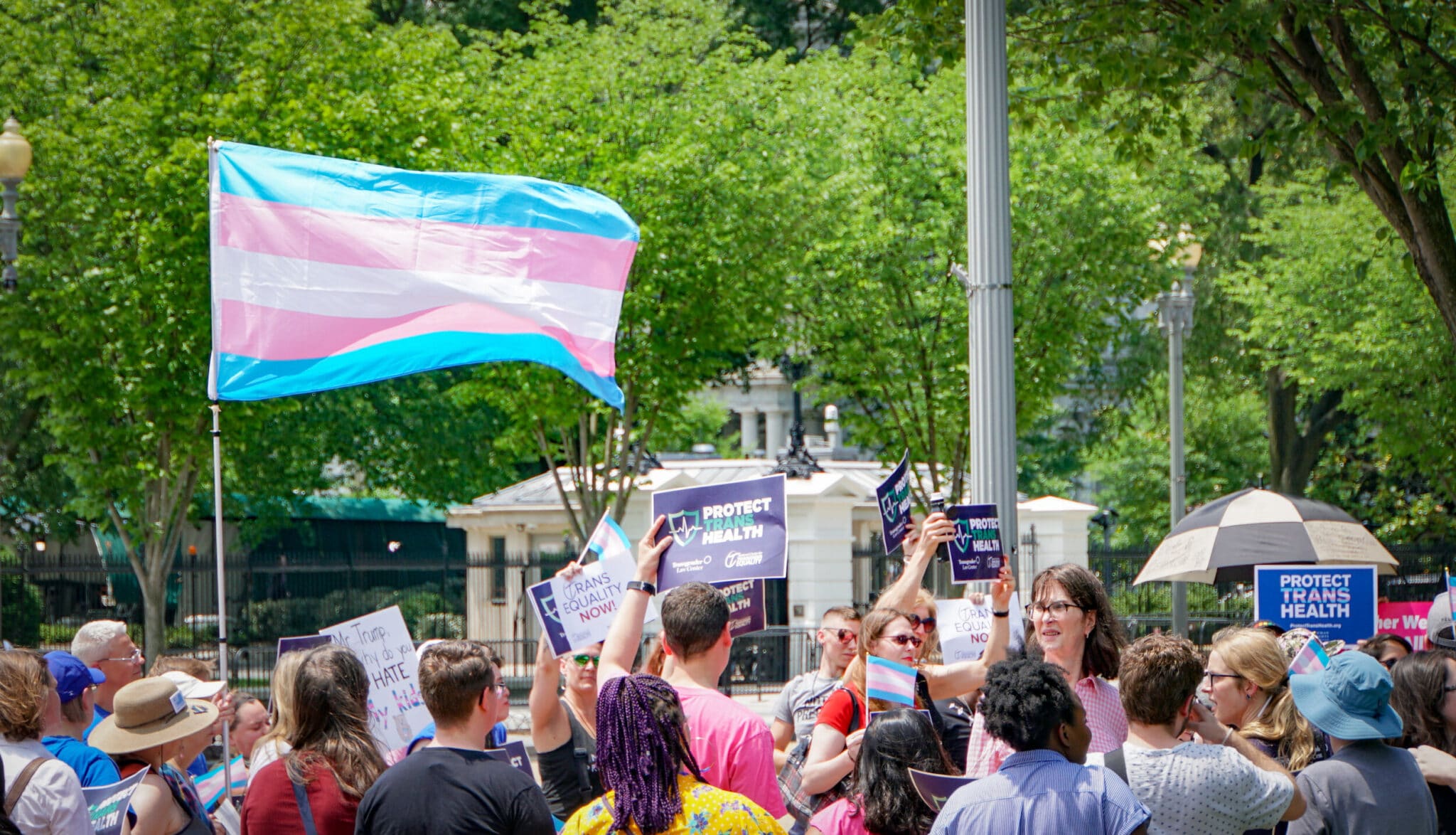
Adult Gender Medicine Registry of Transgender and Gender Non-Conforming Patients
In collaboration with other academic institutions in the US, the Gender Medicine Registry project will establish the framework for a large, multisite prospective registry to assess short- and long-term risks and benefits of gender affirming hormone therapies and surgeries on the physical and psychological well-being of TGNB adult patients on the typical US regimen. The overarching goal is to close knowledge gaps in the field of gender medicine and to improve the care of both patients both at Duke and throughout the U.S.
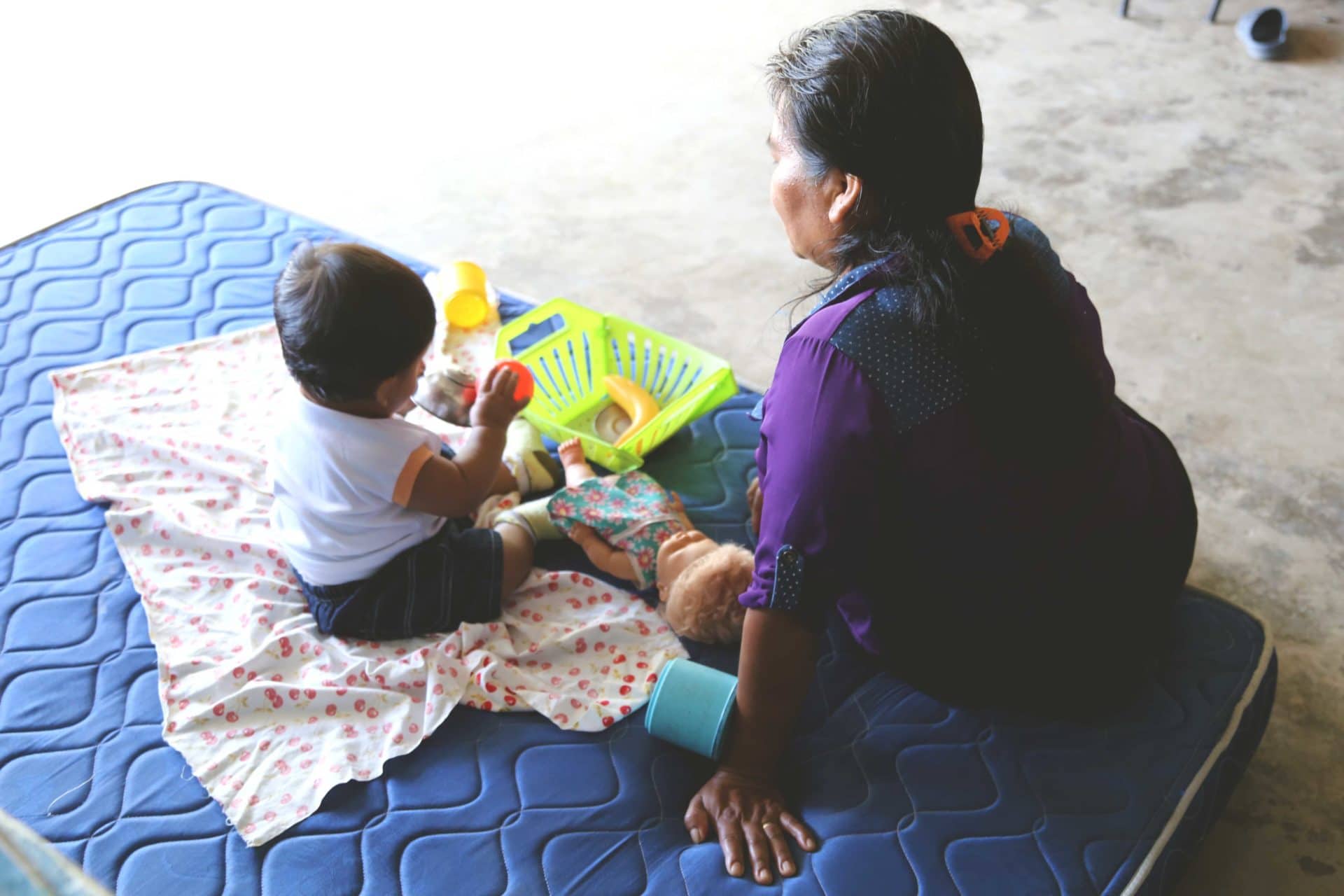
Caregiver Flourishing
This interdisciplinary, cross-cultural study seeks to understand pathways for sustaining flourishing mental health among caregivers of orphans living in four countries (India, Kenya, Ethiopia, and Cambodia) and of four religious traditions (Christianity, Islam, Hinduism, and Buddhism). This qualitative and quantitative study includes interviews, surveys, and diaries. The findings aim to advance theoretical concepts of stress, coping, and well-being; to inform the measurement of virtue; and to provide practical guidance on how caregivers in challenging contexts can flourish.

Global Health Needs Among Refugee Children in Durham County
This project serves as the pilot for an ambitious multidisciplinary effort to develop a culturally appropriate, robust healthcare model that can help reduce health disparities among some of Durham’s newest, most vulnerable community members.
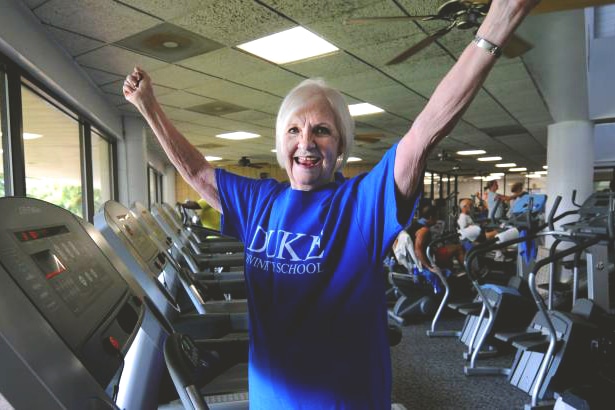
Clergy Health Initiative
The Duke Clergy Health Initiative's mission is to understand and improve the holistic health of United Methodist clergy in North Carolina. The Initiative has developed, conducted, and tested 3 interventions, including an intervention targeting metabolic syndrome and depression tested with over 1,100 clergy in a randomized controlled trial design. The Initiative includes a longitudinal panel survey on health and well-being, as well as a mixed methods study seeking to determine how some pastors sustain high positive mental health.
SELECT INTERVENTION & EVALUATION RESEARCH
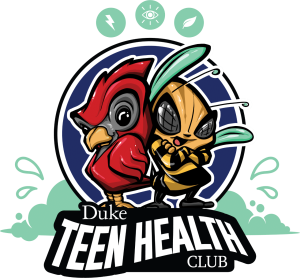
Duke Teen Health Club
The Duke Teen Health Club is an CHPIR-based initiative that includes two projects providing comprehensive sexuality education to youth in North Carolina. These projects are funded by the NC DHHS Teen Pregnancy Preventions Initiatives under Personal Responsibility Education Program (PREP) grants. While both projects utilize an evidence-based, CDC best practice intervention to reduce teen pregnancy, STI, and HIV among youth, they also serve youth in various counties around the state.

Coping Together
The aim of this project is to develop an intervention that can be delivered by lay providers that reduces conflict and improves problem-solving, connection and supportiveness within families. Team members will develop an approach that a) serves families experiencing high levels of relationship distress coupled with other socioeconomic vulnerabilities and b) is feasible and scalable in areas with low access to mental healthcare including rural communities

DCE-IMPACT: Identifying and Matching Individual's Preferences for HIV/AIDS Counseling and Testing in Tanzania
This study uses a Discrete Choice Experiment, a survey method increasingly used by health economists for the design of patient-centered health care options, to identify HIV testing preferences among two high-risk populations and evaluate, in a pragmatic randomized controlled trial (RCT), the effect of a preference-based HIV counseling and testing intervention on testing uptake in the Kilimanjaro region.

RISE Study ("Resist, Intervene, Support, Empower"): Feasibility/Acceptability of an MHealth Intervention For Transgender Women in Brazil
The research will adapt and test a novel, scaleable and potentially cost- efficient mHealth intervention to improve violence reporting, identification of mental health needs and referral to care among transgender women. This includes adapting the existing “UNI-FORM” mobile application to the Brazilian context, pilot testing, and evaluating its feasibility and acceptability.
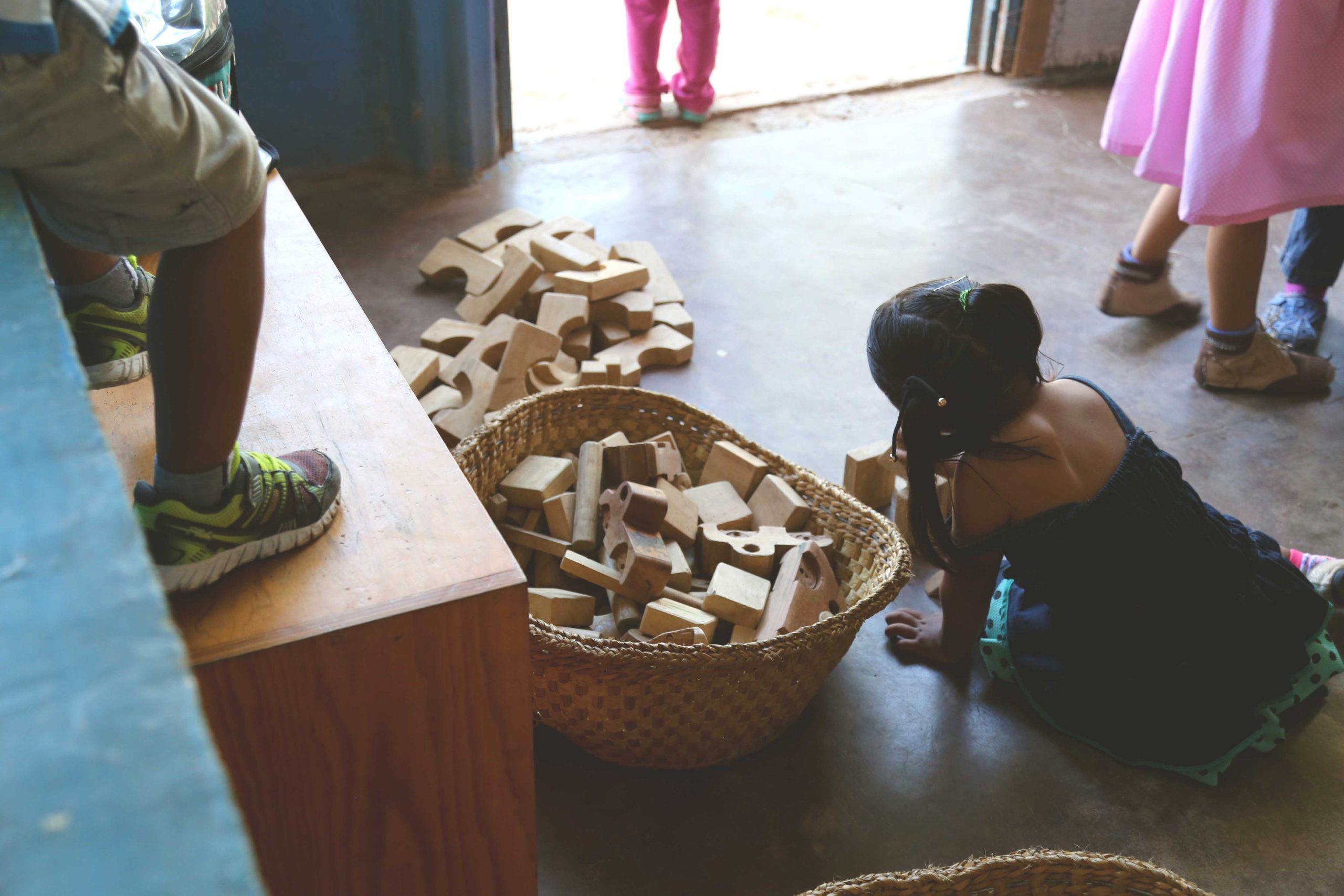
National Evaluation of Quality of Child Care in El Salvador
The National Evaluation of Quality of Child Care in El Salvador project worked with Whole Child International (WCI), and examined whether changes in 1) institutional structure and environments, 2) caregiver and parental/guardian knowledge, attitudes, and child rearing practices, and 3) caregiver and parental/guardian health and emotional well-being made an impact on child outcomes in El Salvador.
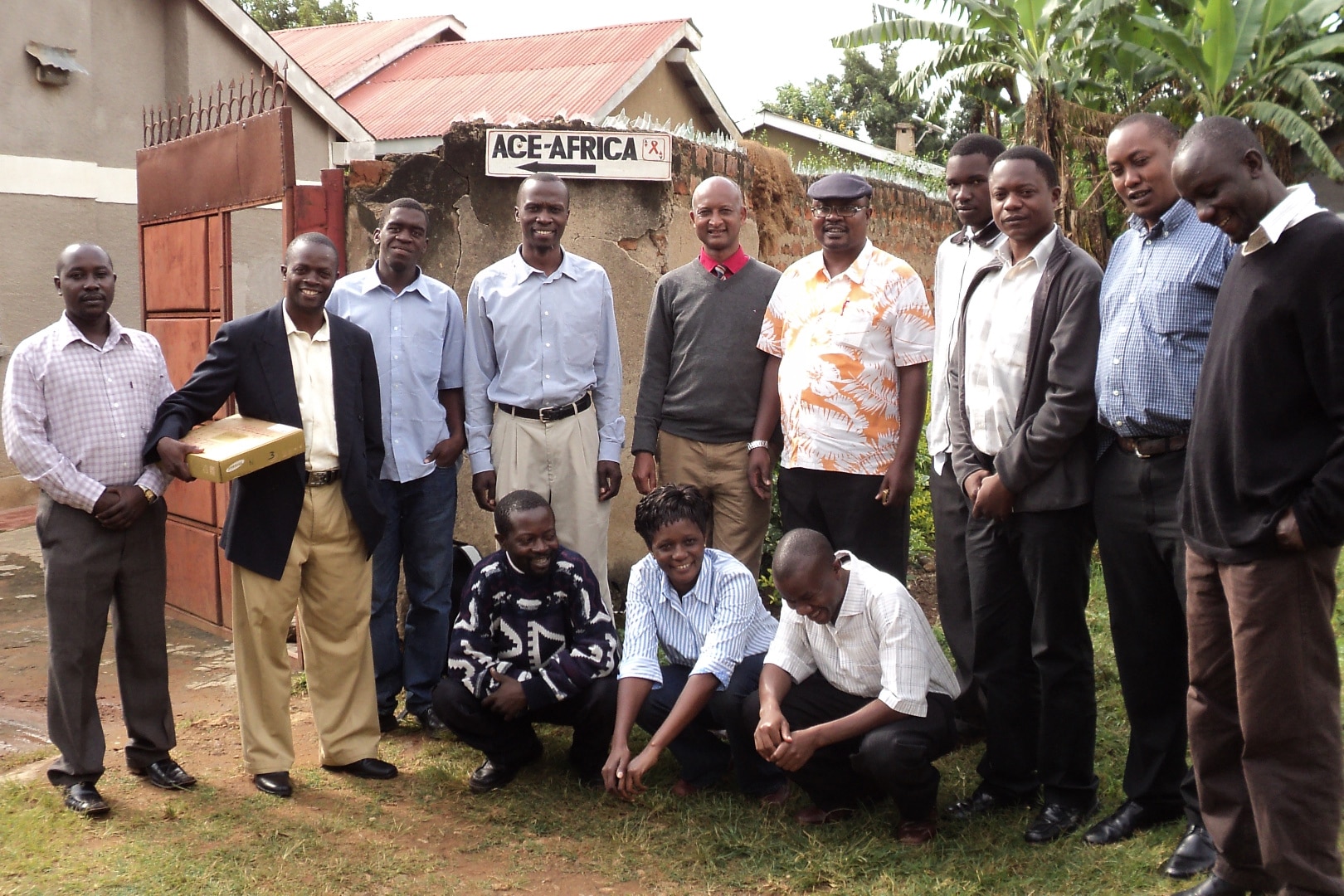
Building and Sustaining Interventions for Children (BASIC)
The BASIC project aims to evaluate the scaling-up of task sharing the delivery of mental health care for orphaned children in Bungoma County, Kenya. More specifically, it will investigate suggestions from previous studies that partnering with two government sectors, education and health, could be a low-cost and sustainable strategy to implement Trauma-Focused Cognitive Behavioral Therapy (TF-CBT) in this population.

Personal Responsibility Education Program (PREP) for Youth in Out of Home Care
This program offers an evidenced-based, best practice intervention to facilitate positive youth development, prevent teen pregnancy and prevent the transmission of HIV/STIs with adjudicated adolescents, ages 10-19, residing in out of home care, transitional, and multi-purpose residential housing in Vance and Montgomery counties in North Carolina.
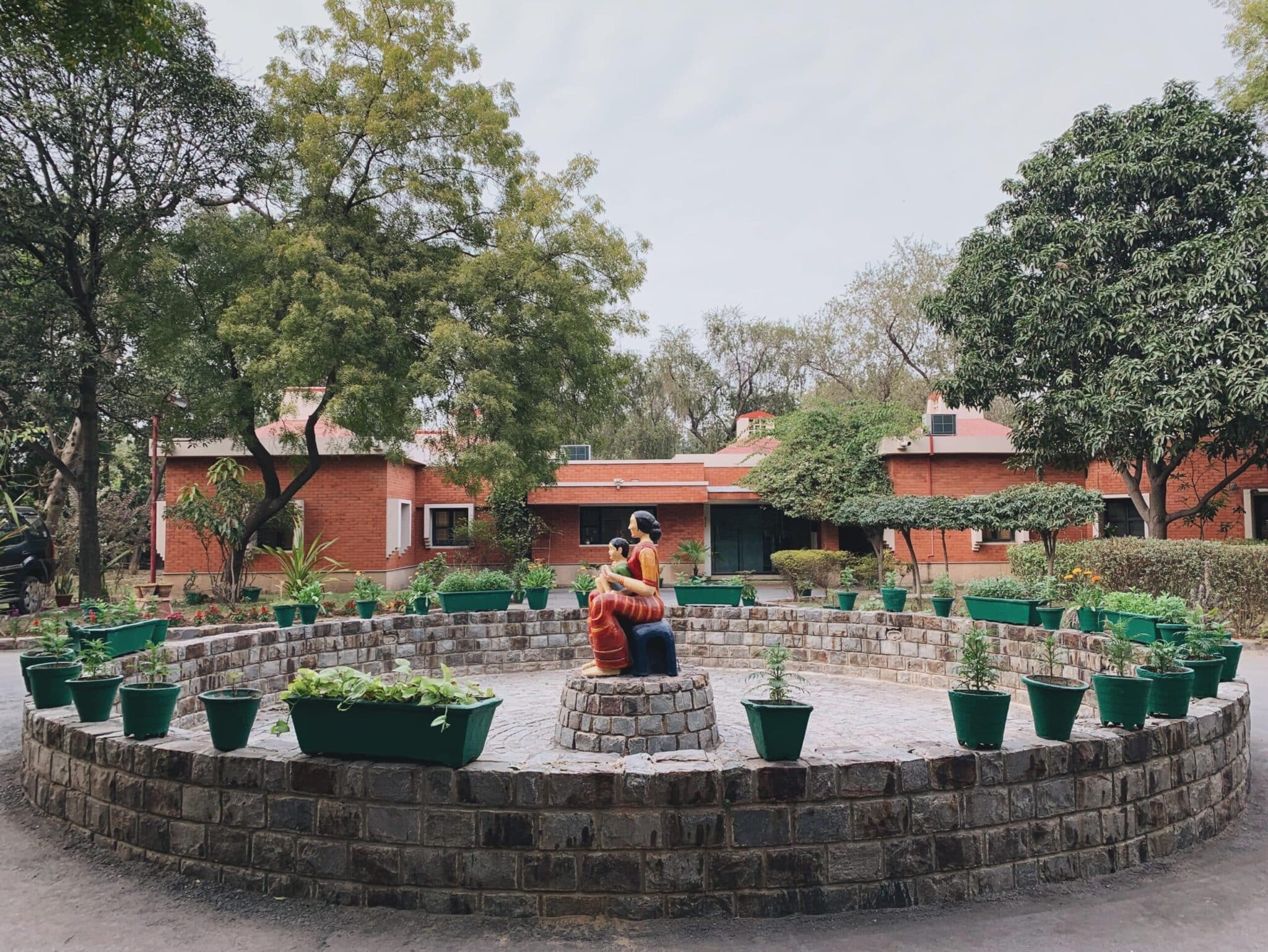
Monitoring & Evaluation Assessment of Child Care Institutions Across India
This funding supported the adaptation of the WCI-QCUALS to an Indian-specific residential care context for children and young adults ages 6-18. In collaboration with NITI Aayog (National Institute of Transforming India), Whole Child International, and Hope Institute, the assessment tool is to be tested in residential care centers around different states of India for the purpose of hypothesis building for future research studies and interventions.
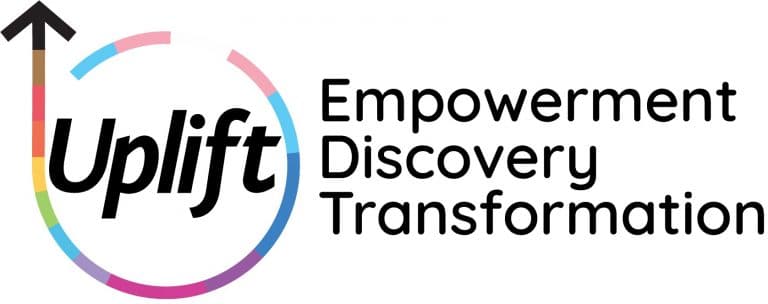
Project Uplift
Project Uplift is a SAMHSA funded project focusing on improving health outcomes for LGBTQ+ people ages 18-35 in the Charlotte, NC and Durham, NC areas by reducing barriers and offering a variety of affirming services catered to the community - with a particular focus on mental health and substance use. Services are free of charge regardless of income and insurance status.
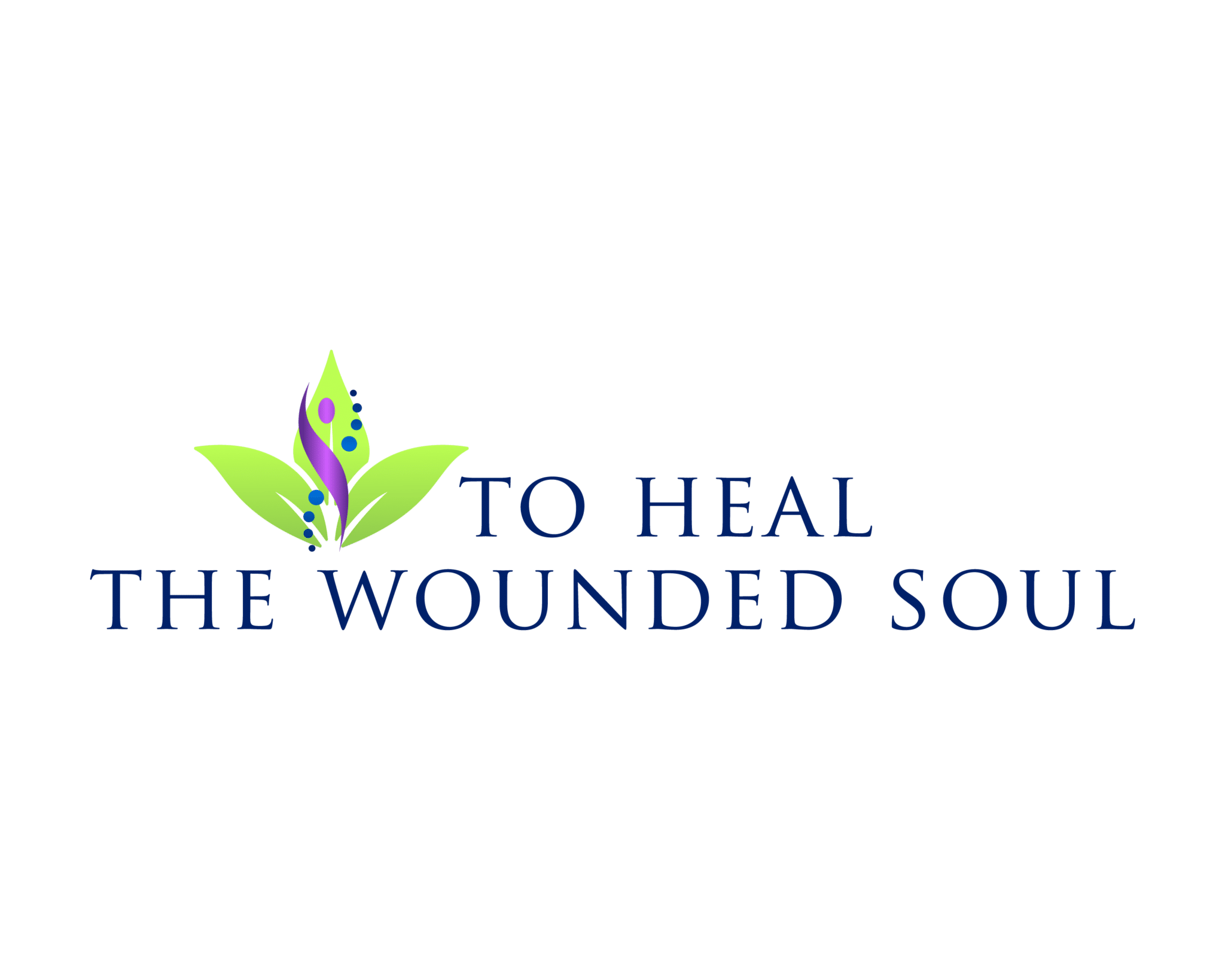
To Heal The Wounded Soul
To Heal the Wounded Soul provides relief and support to clergy who are Black, Indigenous and People of Color (BIPOC) acknowledging the particular impact of the pandemic on communities of color. The program offers restorative retreats, peer support and the promotion of positive mental health models for pastors and the congregations they serve, and assess the changes in on clergy job satisfaction, burnout, anxiety and depressive symptoms.
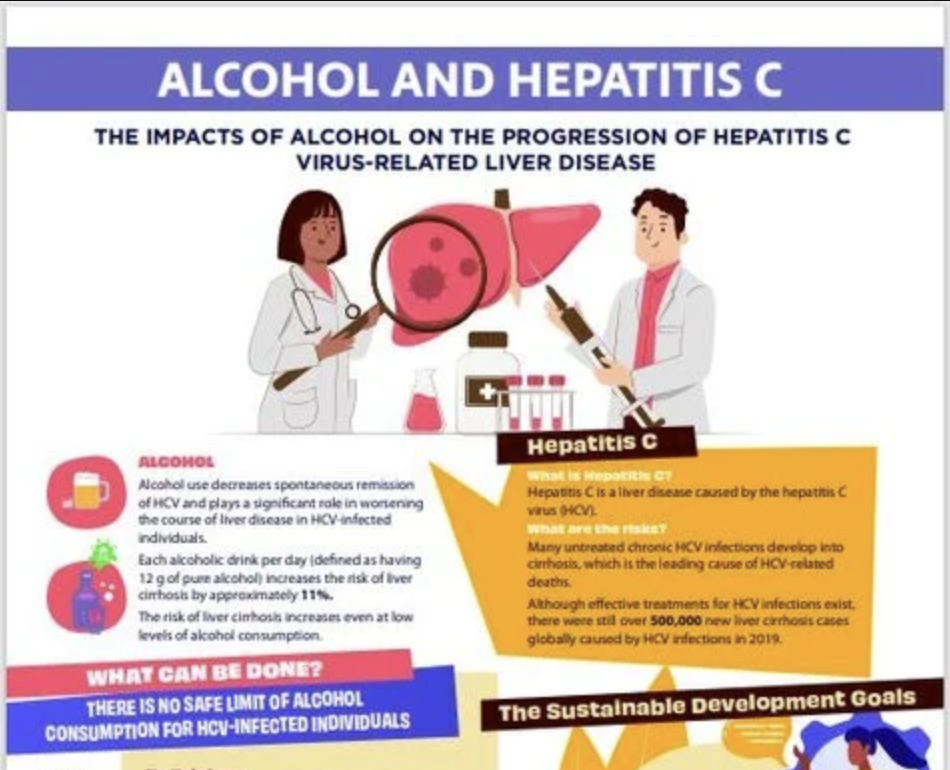
Hep ART: Integrated Treatment of Persons with Co-Occurring HCV & Alcohol Use
For this study, the Center partnered with the Duke, UNC, and Durham VA Liver Clinics to conduct and test, using a randomized controlled trial, the impact of an integrated model of alcohol treatment. The integrated model includes brief alcohol counseling from the patient's hepatologist; co-locating addictions therapists in the liver clinic; and individual and group therapy that emphasizes the interplay between alcohol and liver health. The integrated model is compared against brief alcohol counseling from the patient's hepatologist and referral to outside alcohol treatment.
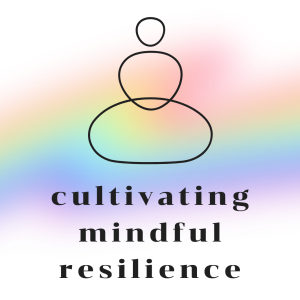
Cultivating Mindful Resilience
There is a pressing need for more culturally salient mental health interventions in LMICs, particularly for LGBTQ+ individuals in culturally Buddhist countries/contexts. Aligned with this imperative, this project places primary emphasis on the capacity building of a community partnership in Cambodia (with later engagement with partners in Vietnam and Thailand) to co-develop a draft of a mental health intervention that is rooted in local contexts and responsive to the unique needs of LGBTQ+ communities living in culturally Buddhist countries.
